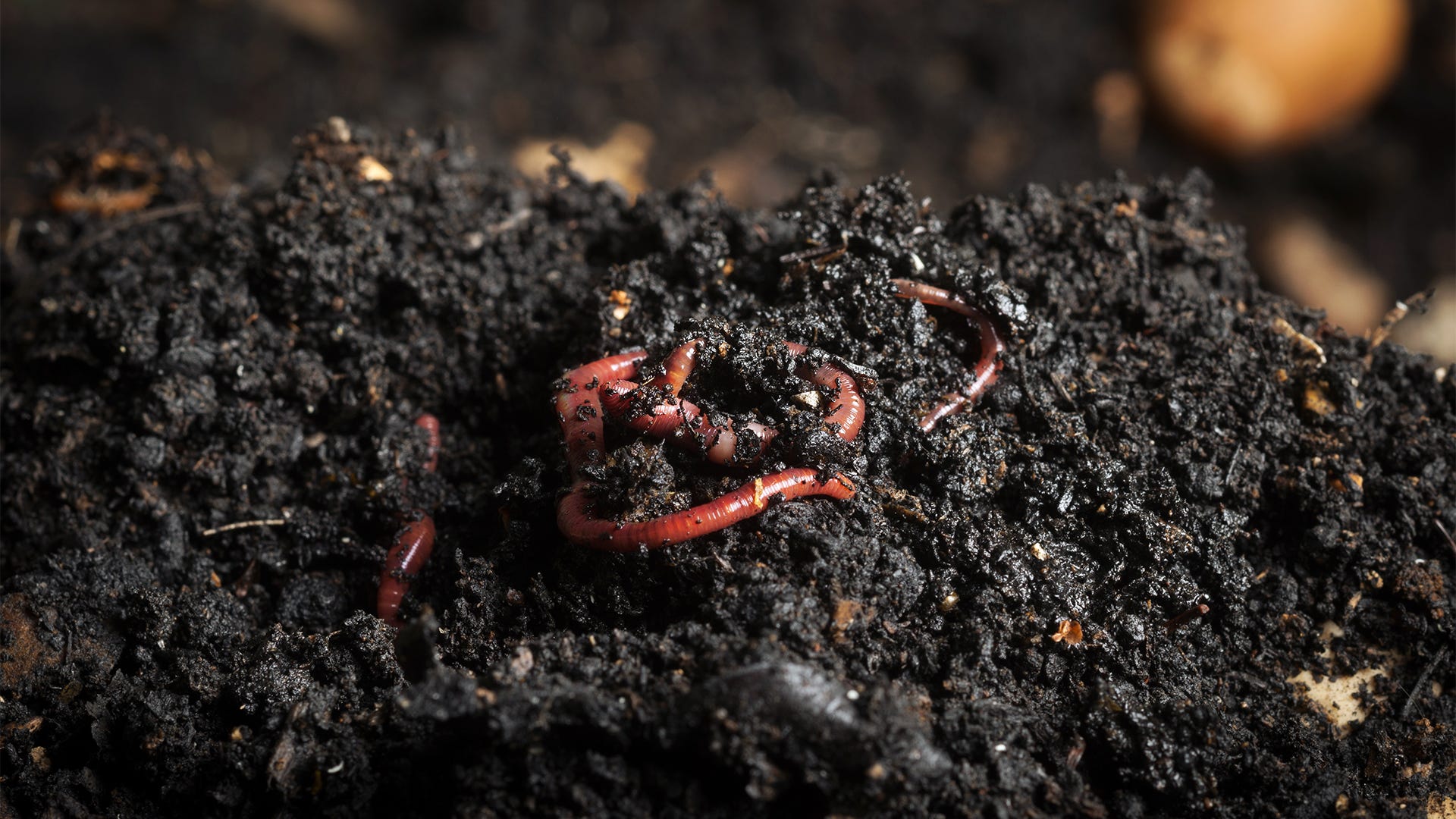Costs Top Quality Red Wiggler Worms - Improve Your Garden's Fertility
Costs Top Quality Red Wiggler Worms - Improve Your Garden's Fertility
Blog Article
Red Wiggler Worms Demystified: Unlocking the Keys of Vermiculture for Greener Living and Nutrient-Rich Soil
In the world of lasting methods for enhancing dirt quality and advertising eco-conscious living, red wiggler worms play a critical yet usually ignored function. These humble creatures have the remarkable capability to transform organic waste right into nutrient-rich spreadings that work as a potent all-natural fertilizer. By delving into the globe of vermiculture, one can discover a variety of benefits that expand much beyond traditional composting approaches. Comprehending the ins and outs of caring for these worms, maximizing their environment, and using their castings can lead to a greener way of life and healthier dirt for plants to prosper.
The Function of Red Wiggler Worms
Red Wiggler worms play a vital duty in composting systems by efficiently breaking down raw material into nutrient-rich spreadings. These starved eaters take in a selection of natural products, such as kitchen area scraps, lawn waste, and paper products. As they feed, the worms' digestion processes damage down the raw material right into a fine, dark, and nutrient-dense product known as worm castings or vermicompost.
The spreadings generated by Red Wiggler worms are highly beneficial for soil wellness and plant development. They are abundant in vital nutrients like nitrogen, potassium, and phosphorus, which are crucial for sustaining healthy and balanced plant growth. Additionally, worm spreadings include useful germs and enzymes that help boost soil structure, rise water retention, and boost nutrient uptake by plants.
Benefits of Vermicomposting

It improves soil framework, improves soil oygenation, and enhances soil wetness retention. Vermicompost also enriches the dirt with essential nutrients like nitrogen, phosphorus, and potassium, promoting plant development and general soil fertility.
Additionally, vermicomposting assistances lasting horticulture techniques by offering a chemical-free and natural alternative to artificial fertilizers. Red Wiggler Worms. This ecologically friendly strategy not just enhances the soil but additionally helps in reducing reliance on dangerous chemicals, promoting a greener and a lot more sustainable way of gardening
Setting Up a Worm Bin
When establishing a worm bin for vermicomposting, appropriate configuration is important to make certain the success of the composting procedure. The very first step in establishing up a worm container is picking an appropriate container.
After adding the bedding, present the red wiggler worms to the bin. The worms need to after that be offered with food scraps such as fruit and vegetable peels, coffee premises, and eggshells.
Consistently keep track of the moisture levels and temperature level in the worm container to guarantee optimum problems for the worms. With proper configuration and upkeep, the worm container will successfully transform natural waste into nutrient-rich compost for your plants and garden.
Harvesting Worm Castings
To successfully gather nutrient-rich worm spreadings from your vermicomposting continue reading this system, an organized harvesting approach is essential. When it comes time to gather the worm spreadings, there are a few essential steps to follow to guarantee an effective procedure.

Troubleshooting Common Issues
Determining and dealing with common obstacles that may develop throughout the vermicomposting process is vital for keeping a productive and healthy and balanced worm container. Adding excess food scraps can lead to an accumulation of dampness and level of acidity in the worm bin, potentially damaging the worms. An additional concern is undesirable odors rising from the worm container.
In addition, if the worm populace is decreasing or the worms show up undesirable, it could be due to environmental stressors such as extreme temperatures or pH levels. Monitoring these elements and making necessary changes is vital for the health of the worms. By troubleshooting these common concerns quickly, vermicomposters can ensure a smooth and effective vermicomposting process while preserving a flourishing worm population.

Conclusion
Finally, you could try these out red wiggler worms play an important function in vermiculture by damaging down organic matter right into nutrient-rich dirt. The benefits of vermiculture include greener living and boosted soil top quality. Establishing up a worm bin is vital for effective vermiculture, and gathering worm castings pop over to this site offers useful compost for gardening. By recognizing and troubleshooting typical issues, individuals can unlock the keys of vermiculture for sustainable living and healthier dirt.
As they feed, the worms' digestion procedures break down the organic matter right into a penalty, dark, and nutrient-dense product understood as worm castings or vermicompost.
The castings created by Red Wiggler worms are extremely valuable for dirt health and plant growth. Adding excess food scraps can lead to an accumulation of wetness and acidity in the worm container, possibly hurting the worms.Furthermore, if the worm population is decreasing or the worms show up unhealthy, it could be due to ecological stress factors such as severe temperature levels or pH levels. Establishing up a worm container is important for effective vermiculture, and gathering worm castings supplies important compost for gardening.
Report this page